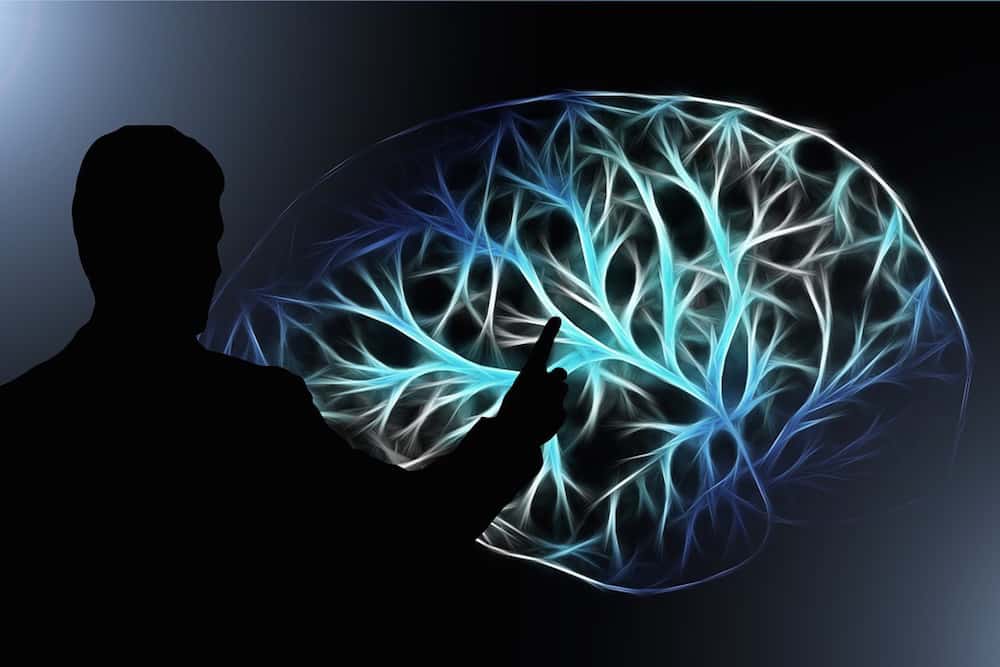
Because attendees are oftentimes coming from all over the world, with different socioeconomic, cultural, racial and political backgrounds, it’s safe to say they’ll have different cognitive biases that can pose challenges to the group dynamic.
First, what’s a cognitive bias and how does it work? A cognitive bias is a systematic error in thinking that affects how decisions and judgments are made. It is usually a result of your brain trying to simplify information processing or, simply put, the brain’s rule of thumb that helps you quickly make decisions.
Things like social pressures, individual motivations, emotions and limits on one’s ability to process information can all contribute to biases. Memory and attention span can also have a major impact on cognitive bias. For example, the way an attendee remembers a past event can be tainted by post-event occurrences that lead to biased thinking. Subtle biases can also creep in because of how an attendee pays attention and what they choose to pay attention to at an event.
While a cognitive bias helps you reach a decision quickly in, say, a threatening situation, this instinct isn’t as helpful when important negotiations or decisions need to be made between attendees of varying backgrounds. As such, it’s important for meeting planners to be aware of the different cognitive biases that can distort their own thinking as well as the attendees—especially decision-making attendees—who are heavily involved in an event. Here are just five common types of cognitive biases to be aware of to ensure rational business decisions are being made.
Confirmation Bias
People like what they like. A confirmation bias is when a person listens only to information that confirms what they already believe instead of being open to another viewpoint.
Self-Serving Bias
A self-serving bias is the tendency to blame others when bad things happen and give yourself credit when positive things happen. When you get a raise, it’s because you’re a skilled employee, but when you don’t, it’s because you have a poor manager.
Availability Heuristic
People often ignore research or access to information that is readily available to them. For instance, one might argue about the effects of smoking by saying he or she knew someone who lived to be 100 and smoked a pack of cigarettes a day.
Bandwagon Effect
Meetings can become unproductive quick if the bandwagon effect comes into play. This is when the probability of a person adopting a belief increases if more people adopt a similar belief.
Choice-supportive Bias
When someone makes a choice, they often defend it, even if it is ultimately flawed or the wrong choice. For instance, you may believe your cat is the best, although it has a history of scratching people.










